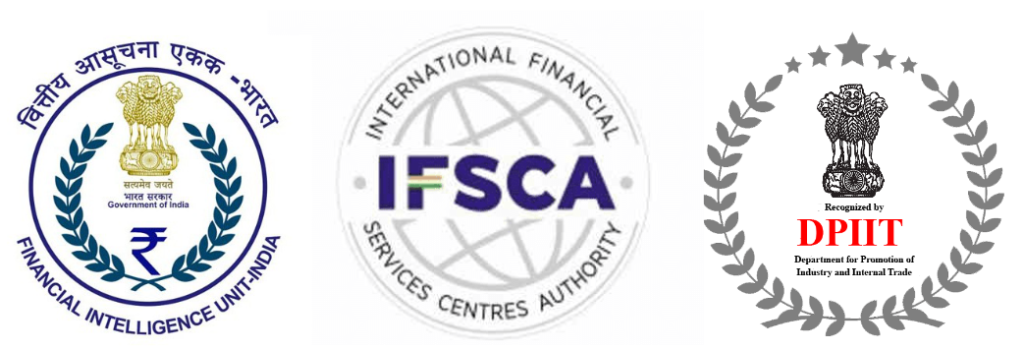Businesses need certain special types of accounts to operate in a secure and trustworthy manner. Like in an escrow the money is held with a third party until all rightful actions as per the agreement are completed. Escrow is often used in mergers and acquisitions and real estate for safety of transactions. Online businesses involve several parties like vendors, buyers, logistics and money moves across all of them for a successful operation. There are two terms in business – escrow and nodal, which are quite similar and yet different. These are special types of accounts to handle complex transactions for online commerce. Both are used to hold amounts as third parties and form an important part of Fintech.
What is an Escrow Account?
In an Escrow account, funds are held while two different parties fulfil a transaction. For a simple example, consider a buyer and seller. The buyer can place an order for an item and then transfer the payment to an escrow account. The money is held in that account until the seller ships the order, it is received by the buyer and the buyer is satisfied with it. Then the money is released to the seller. An escrow account is used when buyers and sellers haven’t met, when there is a complex, long-term contract with a high value and payments are as per stages of completion. Securities and assets can also be held in an escrow account. Escrow services are provided by different third parties, not necessarily banks. Escrows can be used for large and small transactions and it doesn’t matter what the size of the transaction is.
What is a Nodal Account?
Nodal accounts are specific types of bank accounts. These accounts have been mandated by the RBI for any businesses which act as an intermediary to connect sellers and buyers. A business is an intermediary in the following cases – if money is collected by you on your vendors’ behalf; if you are sourcing products without manufacturing them yourself; or if you don’t pay for the products fully nor do you stock the product. In a business like this, where there are multiple parties involved, trust is important. And nodal accounts bring transparency and easy control over movement of money.
Difference between nodal and escrow
- An escrow is transaction agnostic and can be used for virtually everything. A nodal account is only for businesses that act as intermediaries.
- In an escrow, the buyer and seller haven’t met, but both trust the escrow agent with doing the right thing. In case of a nodal account, all payments are transferred to it and then disbursed to the correct payees like sellers and logistics.
- Both nodal and escrow may have digital payment options, but the purpose of each account is different.
- For a nodal account, an intermediary will sell products from different sellers, collect payments from buyers in the nodal account and then pay the sellers. The nodal account holds money till all transactions for a cycle is complete and then the money is disbursed. In an escrow, the payment made by the buyer is held by the escrow agent till all clauses of the agreement completed by the seller and then it is released. This is done to ensure that the buyer’s money is protected and they aren’t cheated.
Both the nodal and escrow accounts have come into play due to the complexities of the business world. Each has its own regulations and are created for ease of doing business with transparency.








